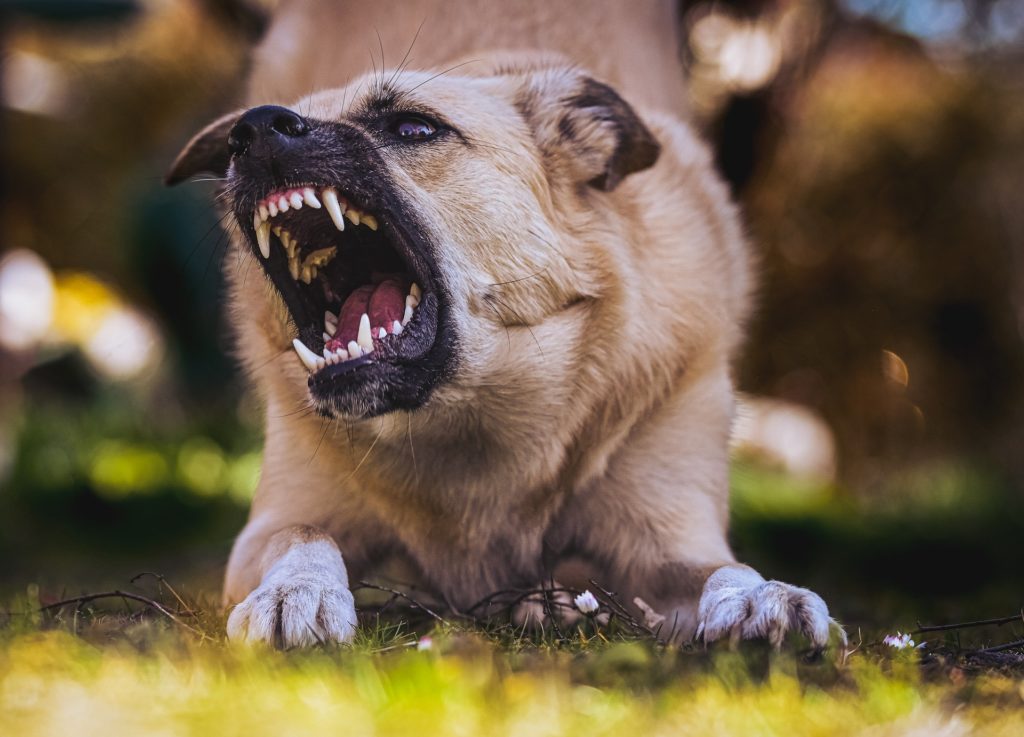
It is often said that dogs are man’s best friend. They are incredible pets and can even double up as service animals. Unfortunately, dog bites are not too uncommon, whether accidents or not. A dog bite will leave your skin with an open wound. Hence, the treatment focus should be to prevent the wound from getting infected before you receive medical aid. First aid and treatment are critical in such situations, especially when administered immediately.
If the wound gets infected, it could be lethal to the victim. Even after receiving first aid, always ensure that you seek medical help from a qualified professional within 8 hours of a dog bite. They will likely prescribe antibiotics that will prevent infection and speed up recovery.
If you or your loved one has been a victim of a dog bite, you can consult with an expert to get compensation. Attorneys, such as Rich Godshall, make sure that they support you throughout the legal process. They can negotiate on your behalf with the insurance companies so that your physical injuries and mental troubles are compensated in a just manner.
With that being said, below are a few tips to help in recovering from a dog bite:
Table of Contents
Administer First Aid
The first step following a dog bite is to stay clear of the dog. This will minimize the chances of a second attack. The next step is to administer first aid to the victim.
Here is the procedure to follow:
- Wash the affected area with warm water and antibacterial soap.
- If your skin is broken, apply pressure to the wound to promote a small amount of bleeding to flush out germs.
- If the area is already bleeding, stop it by covering it with a clean cloth and applying pressure.
- Apply antibiotic cream over the wound.
- Cover with a clean piece of cloth or bandage.
- Call for emergency medical help.
- Watch for signs of infection.
Seek medical attention if:
- You have a high fever
- The bite bleeds continuously
- You are in extreme pain
- Muscles, tendons, or bones are exposed
- You have a loss of function in the affected area
- You feel weak or disoriented
Ask About the Dog’s Vaccination History
Once first aid is done, the next step is to ask about the dog’s vaccination history. Ask the owner if the dog has recently received a rabies shot. While doing this, collect the owner’s and the veterinarian’s contact details.
If the dog’s owner cannot be determined, observe the animal for any signs of rabies, such as excessive drooling, staggering, and paralysis. If the dog is yours, ensure you are up to date with dog vaccinations.
Possible Complications From Dog Bites
Rabies
This is a viral condition that affects the central nervous system. If left untreated, rabies could be fatal within two to ten days of infection. Always ask for the dog’s vaccination history or observe for signs of rabies, for example, if it is foaming at the mouth.
Infection
The wound left behind by the dog’s teeth could quickly get infected. Dogs’ mouths carry Pasteurella, Capnocytophaga, and Staphylococcus bacteria. Seek medical attention when you notice signs of infection.
Tetanus
This is a disease of the nervous system caused by bacteria. It causes muscle stiffness, especially in the jaw and neck.
Scarring and Muscle Damage
A deep dog bite could damage nerves, muscles, and tendons. Also, the wound left behind when the dog’s teeth tear the skin can cause scarring.
Bone fracture
Large dogs have strong teeth that penetrate muscles and could fracture bones. Seek medical help if you suspect a dog bite might have broken, splintered, or fractured bones.
Death
Dog bite-related deaths in the US are generally low. Most fatalities have been reported in children below ten.
Key Takeaways
Dog bites, if not promptly dealt with, can lead to various infections and eventually death. Therefore, ensure that you administer first aid and seek professional help after suffering a dog bite. If you are a dog owner, see that your dog receives all its vaccinations on time.

